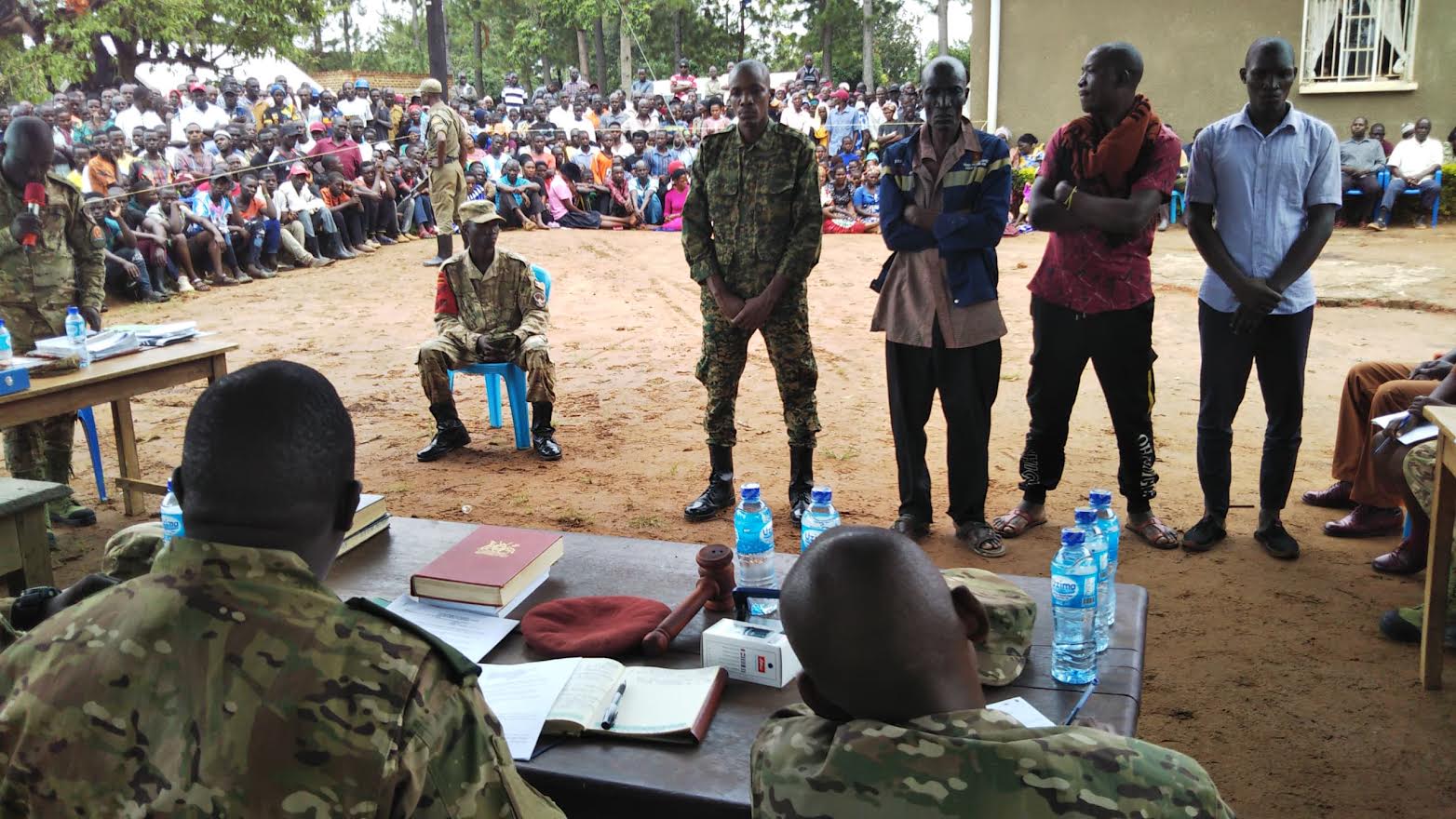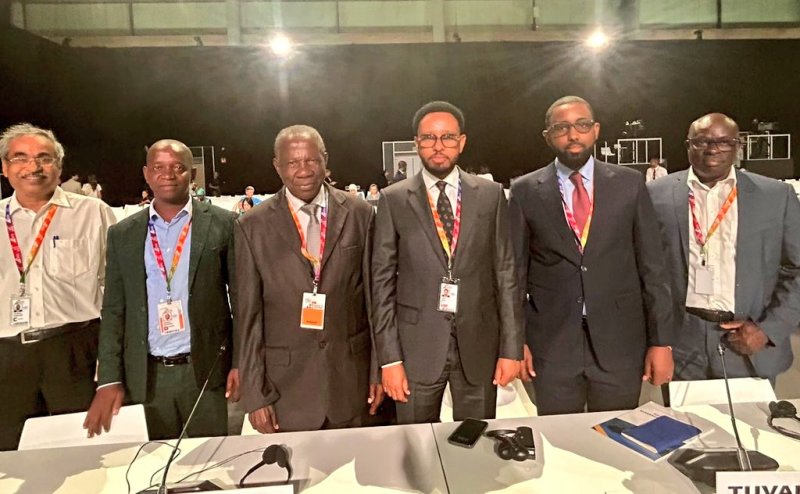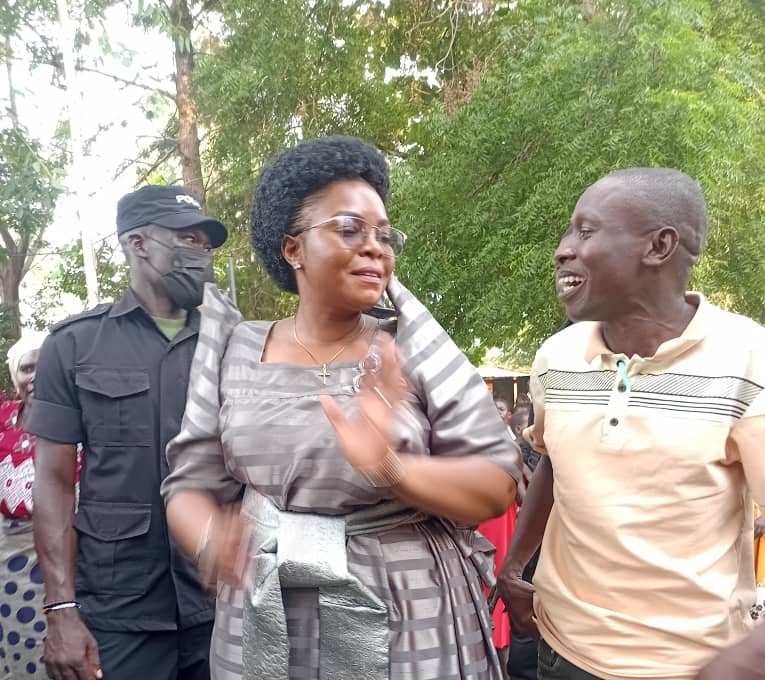The dark path of revenge: Inside the Mayuge family tragedy
According to Dr. Edward Musinguzi, a forensic psychologist and mental health expert, this case exposes critical gaps in mental health care for military personnel who often face intense psychological pressures.

In a chilling case that has left the community of Mayuge in shock, Private Herbertson Birivumbuka, a soldier with the Special Forces Command (SFC), confessed to the murder of his uncle and four children in what he described as an act of long-held revenge.
The violent incident, rooted in alleged family disputes and traumatic personal grievances, raises pressing questions about the mental health support available to soldiers in Uganda’s armed forces.
Private Birivumbuka entered the home of his uncle, Isaac Mudhasi Buyinza, in June, unleashing a deadly barrage of gunfire that tragically took the lives of five family members. In court, Birivumbuka admitted to being the sole mastermind of the attack, driven by a narrative of betrayal, family feuds, and unprocessed anger linked to his mother’s alleged murder. “I intended only to kill my uncle,” he confessed, adding that the children were accidental casualties.
According to Dr. Edward Musinguzi, a forensic psychologist and mental health expert, this case exposes critical gaps in mental health care for military personnel who often face intense psychological pressures.
“Many soldiers, like Birivumbuka, experience profound mental strain, including unresolved trauma, anger, and stress, often with little to no outlet,” Dr. Musinguzi explains. “When these issues go unaddressed, the result can be catastrophic.”
The court heard that Birivumbuka believed his uncle, Buyinza, was responsible for his mother’s death, citing incidents he interpreted as attempts on her life, including an alleged poisoning and a strangulation attempt in public. Birivumbuka claimed that unresolved grievances stretched back to his childhood, detailing how minor disputes over chickens and unfounded legal accusations gradually escalated, deepening his resentment.
This tragedy also shines a light on the emotional burdens soldiers bear, particularly when strained family relations compound their stress. Often, soldiers live dual lives: one governed by the discipline of their duties, and the other haunted by personal struggles that can fester in silence.
James Kisembo, a former soldier now living in Kampala, sympathizes with Birivumbuka’s emotional state but condemns the actions that followed. “The problem with the forces is that they push you to be tough on the outside, but inside, you’re still dealing with demons,” Kisembo shares, emphasizing the need for safe channels for emotional support.
In Uganda, the conversation surrounding mental health in the military remains limited, a factor Dr. Musinguzi says worsens the mental strain on soldiers. “We need consistent counseling services and mental health check-ups in the armed forces. The nature of military work is highly demanding and sometimes traumatic. We cannot afford to ignore the toll it takes,” he adds.
KCCA has recently rolled out support groups for veterans and active duty soldiers, but military psychologist Ruth Nankya warns that these resources often reach too few and too late. “Preventative care, conflict resolution support, and trauma counseling must be widely accessible,” Nankya advises. “This is not only for the well-being of soldiers but also for the safety of the communities to which they return.”
The tragedy in Mayuge has sparked conversations among locals who see the story as both a personal tragedy and a societal issue. Residents express their shock and empathy while grappling with the complexities of mental health and family conflict.
Jane Kintu, a Mayuge resident, reflects, “It’s unimaginable what bitterness he must have carried, but we also see this as a wake-up call. Families need to resolve conflicts before they become deadly.”
As Birivumbuka awaits sentencing, the case reveals the urgent need for Uganda’s military and society to confront the silent struggles soldiers endure. With growing recognition of the importance of mental health care in the armed forces, Uganda faces an opportunity to reform the support provided to those who protect its citizens.







